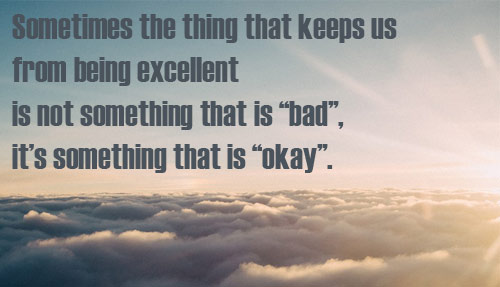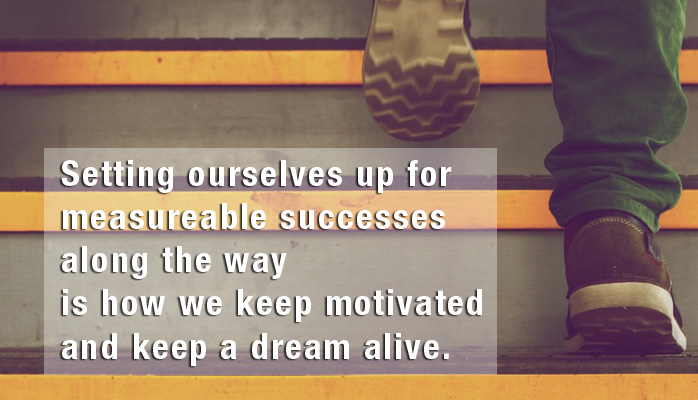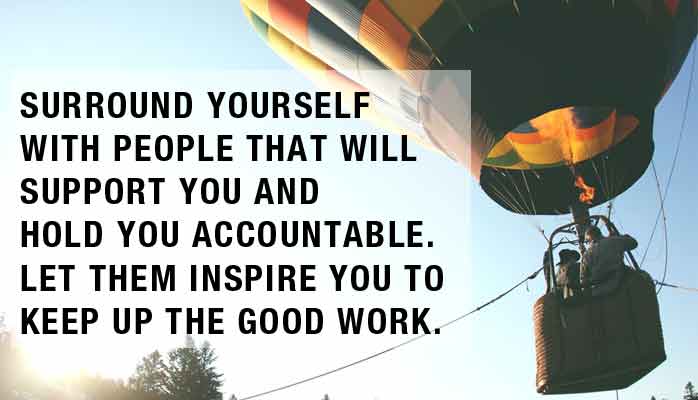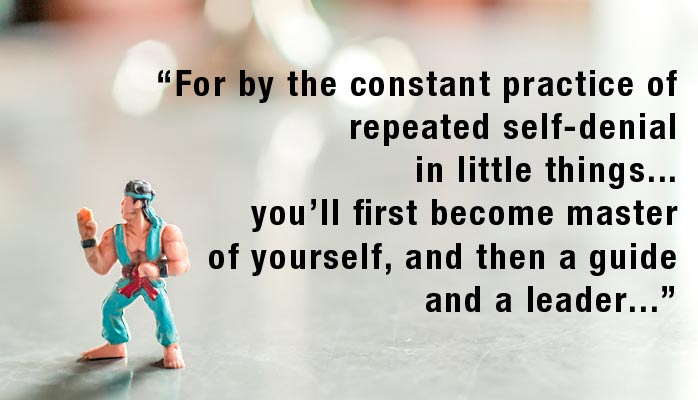How we talk to customers, co-workers and family members sets the tone for our conversations. Personally, I would say that it gives them “permission” for how they communicate in return.
Two examples…
In my wife’s business, she sends proofs for custom address stamps and says “Just let me know if everything is correct and I will continue with production.” Almost inevitably, this leads to an excited response from the customer ending in “You may continue with production!” This phrase, in itself, isn’t a very normal thing for people to say. But she prompted it, so they reciprocate it.
In another instance, a customer failed to respond to multiple requests about the next step of a project. When the answer came, it was a pair of curt messages denying culpability. My wife’s response stayed cool-headed, explained the misunderstanding and communicated the fact that she just wanted to move forward. Not long after, the customer responded with an apology for the messages and said, “I appreciate the way you handled the situation and your response, and I’ll be sure to speak highly of your business to others.”
We run into these types of situations every day.
What goes around comes around.
The thing is, it takes self-control to bite our tongue. It takes will-power to not get dragged down into a negative conversation fueled by the heat of the moment. (And all of this is only further complicated by the non-verbals we send with email, texts, etc.)
But based on the words we choose and the tone in our voice, we can steer the way other people interact with us.
Is it easy? Definitely not. We’re human.
We get stressed.
We get tired.
We get annoyed.
We get hangry (or at least I do…).
Whether we like it or not, all of these factors can have an effect on our own communication. And if we let them control us, it gives others permission to address us in a similar manner. Things can spiral out of control pretty quickly if we’re not careful.
What we say and how we say it can either build rapport or dig ditches.
Let’s try and stay out of the dirt.








